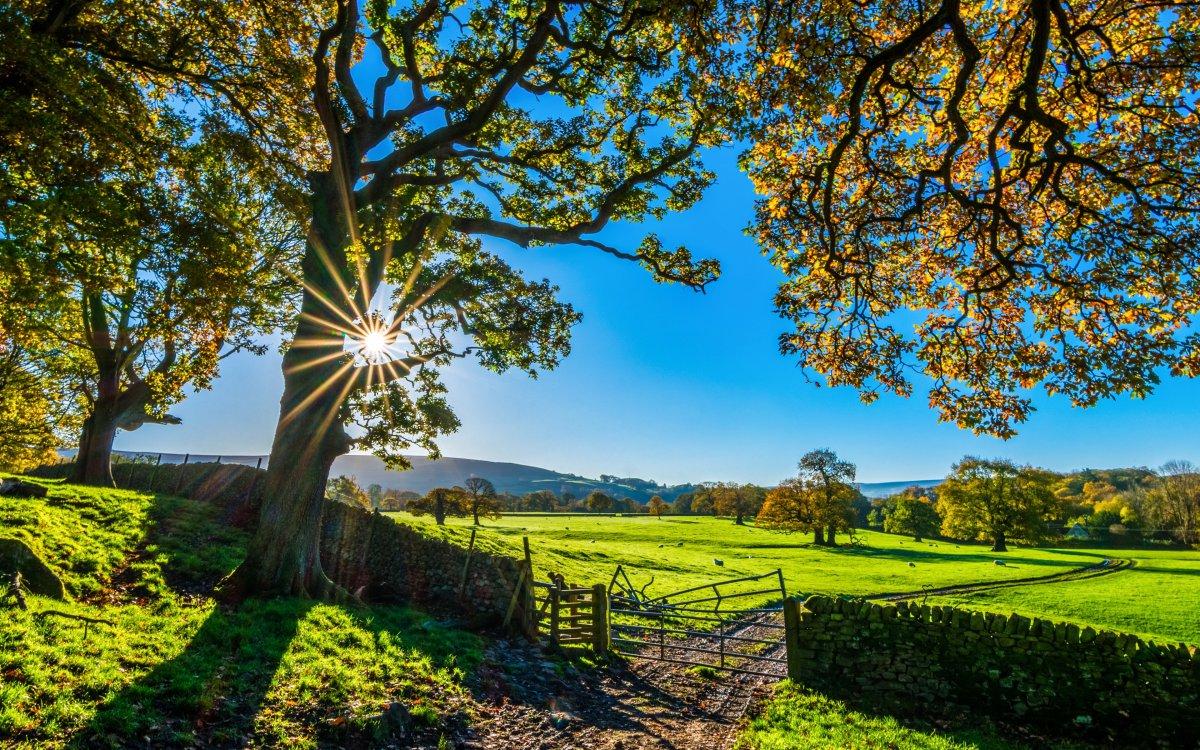Exploring English Cultural Traditions: From Morris Dancing to Afternoon Tea
The English are known for their reserve, politeness, and strict adherence to tradition. England is a country steeped in history, and this is reflected in its cultural traditions; many of which have stood the test of time. This article explores some of the most famous English cultural traditions, from Morris dancing to afternoon tea.
Morris Dancing
Morris dancing originated in England in the 15th/16th centuries and is a type of folk dance performed by groups of dancers. The dancers wear traditional outfits, which vary according to the region, and feature bells, ribbons, and other colourful elements. Morris dancing is often performed on May Day and other celebrations and is typically accompanied by live music played on instruments such as the fiddle, concertina, or accordion.
The dance is widely believed to have originated as a Moorish dance in Spain, but it has evolved into a distinctly English tradition. Morris dancers perform in groups or “sides,” each with its unique style and repertoire. Some sides incorporate a comedic element into their performances, while others focus more on the traditional dance.
Afternoon Tea
Afternoon tea is a quintessentially English tradition, consisting of a light meal of tea and savoury and sweet treats, usually served between 2 pm and 5 pm. The tradition dates back to the 19th century when wealthy Britons would indulge in a mid-afternoon feast. Today, afternoon tea is enjoyed by all classes and is a popular tourist attraction.
The key elements of an English afternoon tea include sandwiches filled with cucumber, salmon, and egg, and scones served with clotted cream and jam. Traditional pastries such as bakewell tart, shortbread, and fruitcake are served alongside a pot of English breakfast tea.
Mystery Plays
Mystery plays are a form of medieval theatre that began in Yorkshire in the 14th century. These were religious plays performed by members of local guilds, depicting biblical stories and themes. The plays were often performed on carts, which were wheeled around the streets of towns and cities.
The plays were highly popular, with audiences travelling for miles to see them performed. The guilds used the plays as a way of celebrating their skill at crafting, as well as their faith. While the tradition has mostly died out, some areas still perform the plays, and they are considered an essential part of English cultural heritage.
Conclusion
England has a rich cultural heritage, and the traditions discussed in this article are just a small sample of what they have to offer. From Morris dancing to afternoon tea, England’s cultural traditions reflect their history, religion, and regional differences. These traditions have stood the test of time, and while they may have evolved over the years, they remain an essential part of English identity and pride.
(Note: Do you have knowledge or insights to share? Unlock new opportunities and expand your reach by joining our authors team. Click Registration to join us and share your expertise with our readers.)
Speech tips:
Please note that any statements involving politics will not be approved.
